59%
cite the cost of living and the economy as the most important issue for the upcoming Autumn Budget
68%
Labour voters are most likely to say the cost of living is their top priority
445
Reform UK is projected to earn 445 seats without tactical voting
-78
36% / 21% / 15%
With tactical voting, Reform UK is set to secure 36% of the vote, ahead of Labour at 21% and the Conservatives at just 15%
51%
Immigration and border control are top concerns for the Autumn Budget for 51% of voters
45%
The NHS is a top priority for the Government to address in the Autumn Budget for 45% of voters
The latest polling from PLMR and Electoral Calculus underscores how economic anxiety has become the single organising force in British politics. Nearly six in ten voters now rank the cost of living as their top concern, above immigration and the NHS.
That sentiment sits behind the finding that Reform UK would command 36 per cent of the vote if an election were held today, while Labour trails on 21 per cent and the Conservatives collapse to just 15 per cent. These figures signal a further reordering of voter loyalties unlike anything seen in modern times, driven by a perception that none of the established parties appear to have answers to falling living standards… yet.
Despite positive numbers for Reform, the same data also shows the limits of populist momentum. Tactical voting, once a niche practice, is now an instinctive feature of the electorate as the political landscape fragments. Large numbers of Labour voters say they would switch to the Conservatives purely to block Reform, while progressive voters are prepared to coordinate locally to stop the Right consolidating power. That cross-party pragmatism is an emerging structural factor in British elections, suggesting the next contest may resemble a series of localised pacts rather than a clean national swing. The implication is that Reform’s theoretical dominance on raw vote share could evaporate once turnout, candidate credibility and tactical discipline are accounted for.
Beyond the top lines, the data hints at deeper social shifts. Reform’s strongest advances are in the most economically strained areas of England, former industrial or coastal seats that once depended on Labour patronage. That realignment mirrors what has occurred across Europe, where right-populist movements have converted material insecurity into political capital.
The re-entry of “Your Party” on the Left only amplifies the fragmentation of the Labour vote, creating conditions in which Farage’s bloc could become the gravitational centre of opposition even if it never governs outright.
At the same time, all three major parties face a legitimacy deficit. Few voters trust any of them to deliver, and each is being punished for perceived detachment from everyday financial realities.
The timing of this poll, ahead of the Autumn Budget, gives the Government an opportunity to show tangible progress on household finances. Fiscal prudence will no longer be enough to cut through, the political test will be whether policy visibly reduces costs for working families within months, not years. A failure to do so risks cementing a perception that Reform speaks more plainly to public frustration than either main party. The message from the electorate is clear – economic credibility now sits at the heart of political stability, and the contest to define it will shape every policy decision between now and 2029.
59%
of the population cite cost of living and the economy as a top concern
Reform UK is projected to earn
445
seats without tactical voting
Immigration is a top concern for
51%
of voters
Reform UK could lose
78
seats with tactical voting
The NHS is a top priority for
45%
of voters
Labour voters are most likely to say the cost of living is a top priority
68%

Q1: If a general election was called tomorrow, how likely would you be to vote?
Q2: If a general election was called tomorrow, how would you vote?
Q3: What are the most important issues you would like the government to prioritise in the upcoming Autumn Budget? (Please select up to three options)
“This poll shows a remarkable fall from grace for the Conservative Party, and exposes where voter priorities lie. The electorate is demanding action on the economy first and foremost, with concerns around immigration and the NHS still present, and traditional party loyalties are under unprecedented pressure.
“However, there is a long way to go until 2029 and the message is clear: voters want the weekly shop to cost less. It’s time to forget the slogans and the clever language. Instead, the Government must keep calm and focus on delivering more money into working people’s pockets to shore up support ahead of the next election.”
Kevin Craig
CEO and Founder



